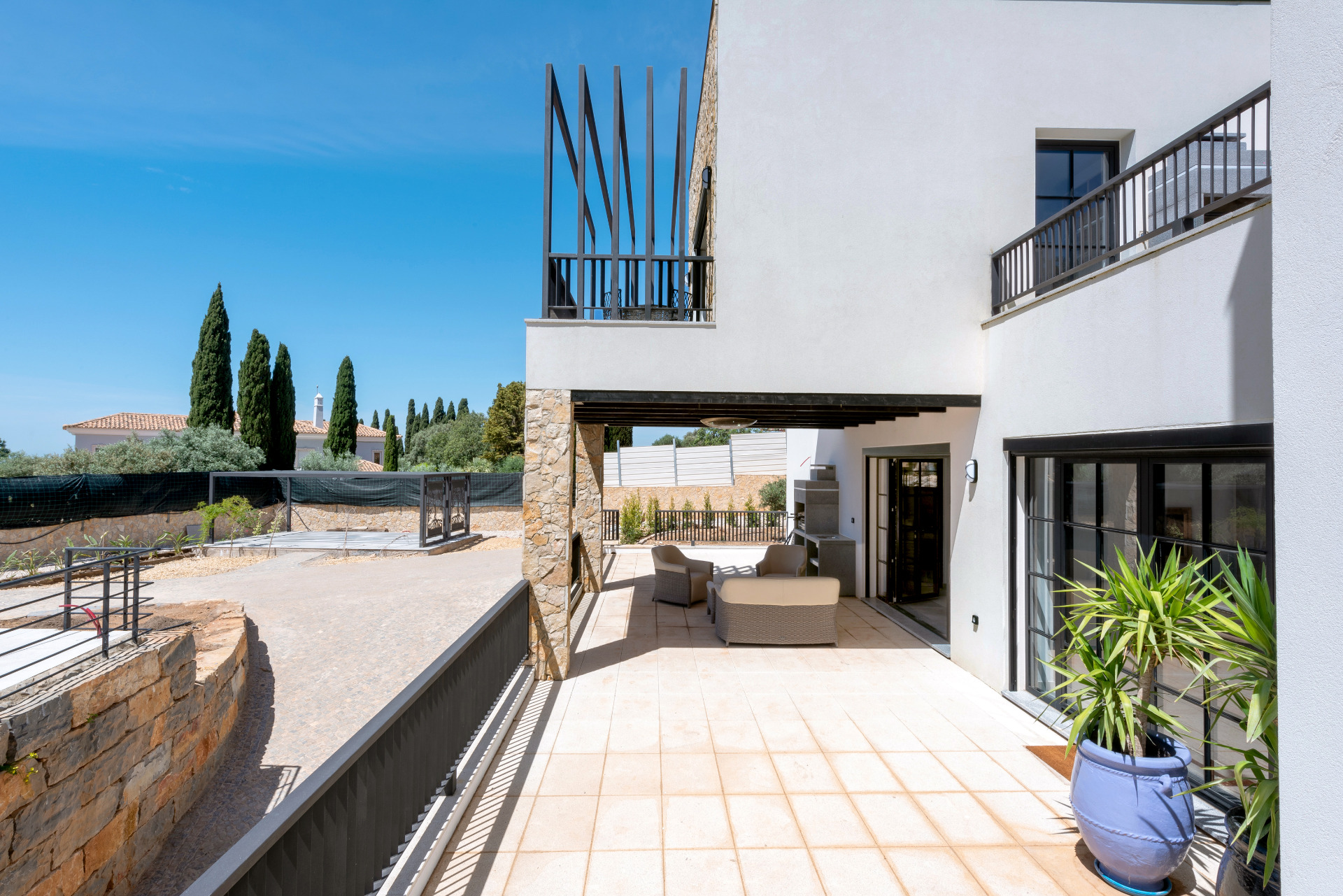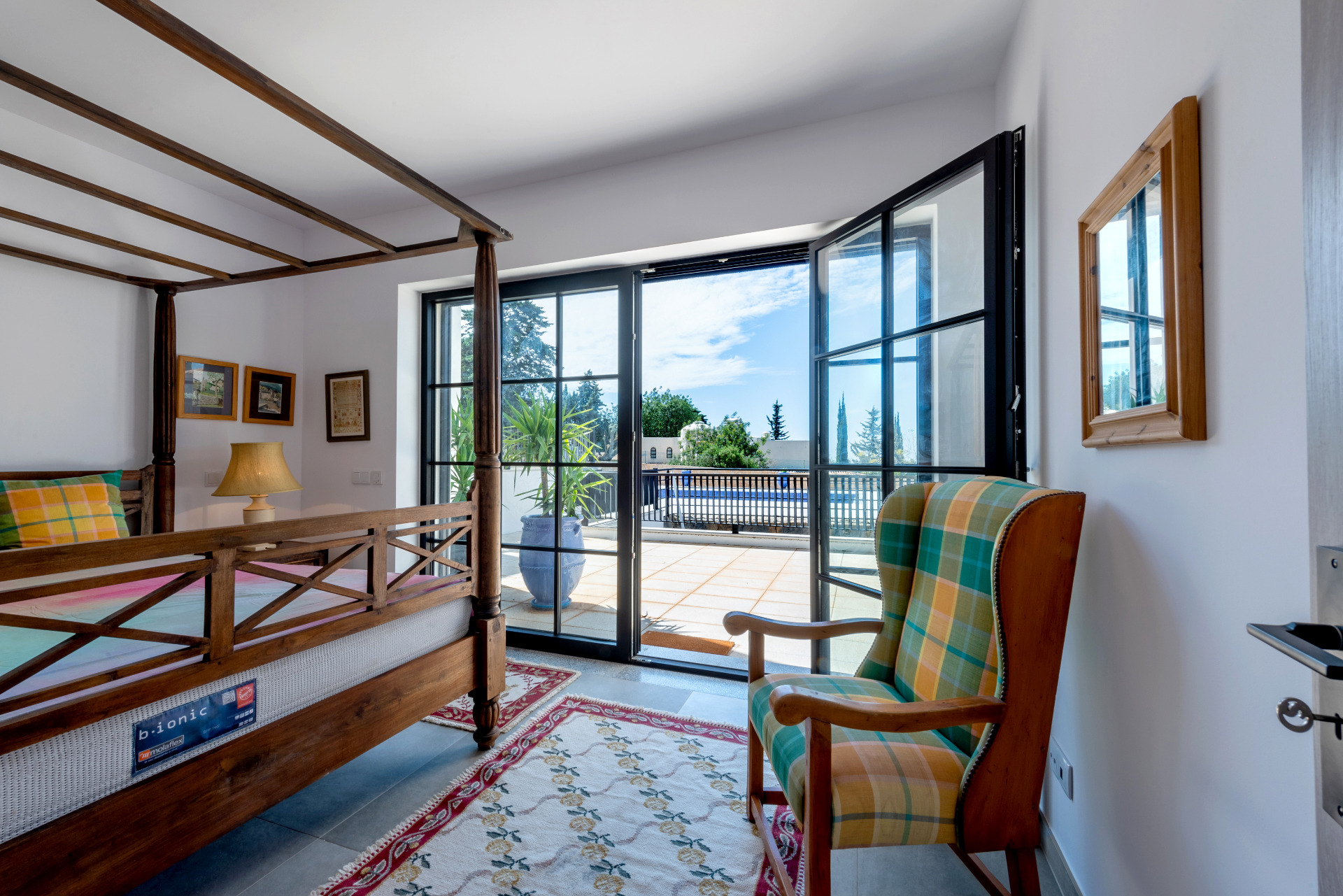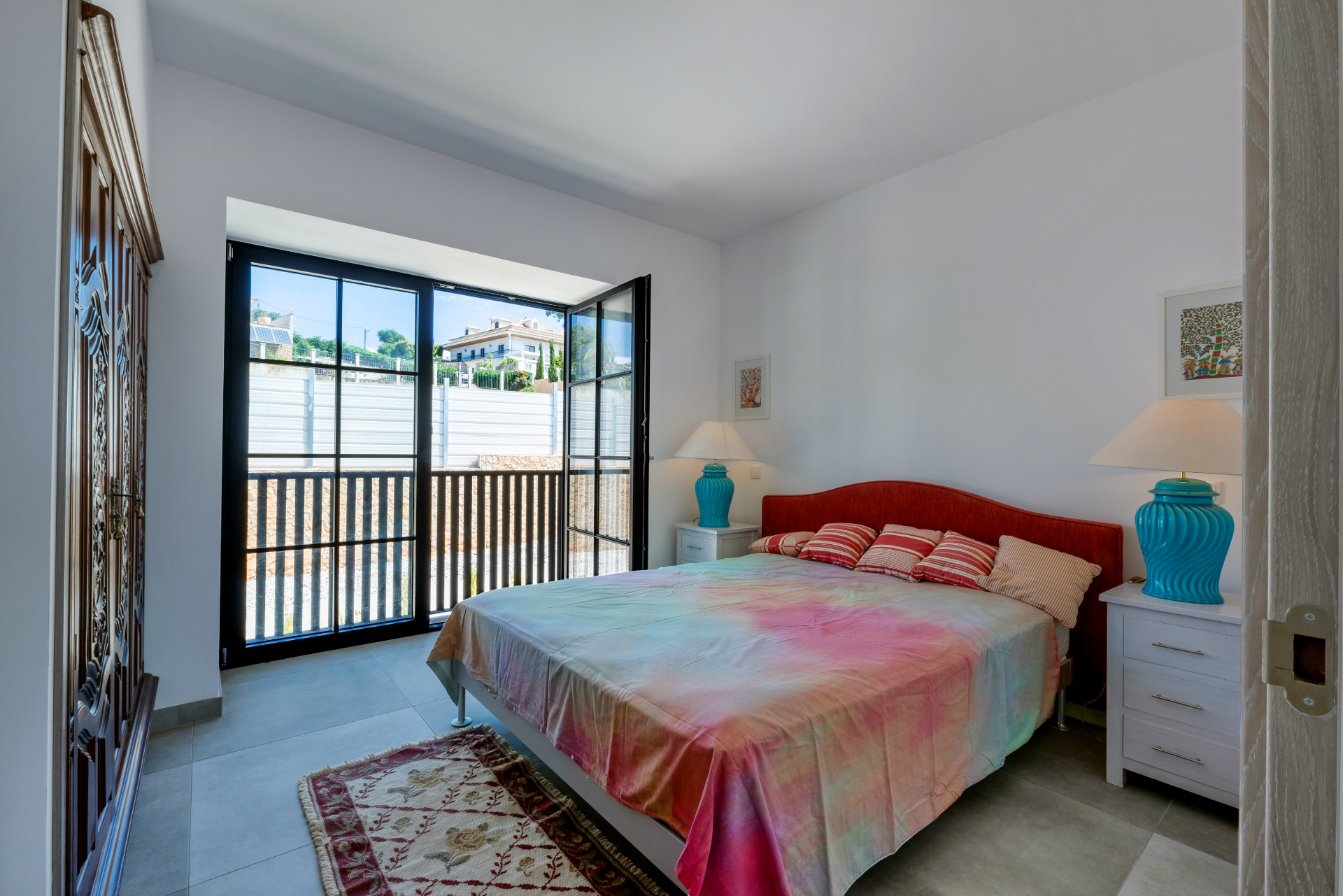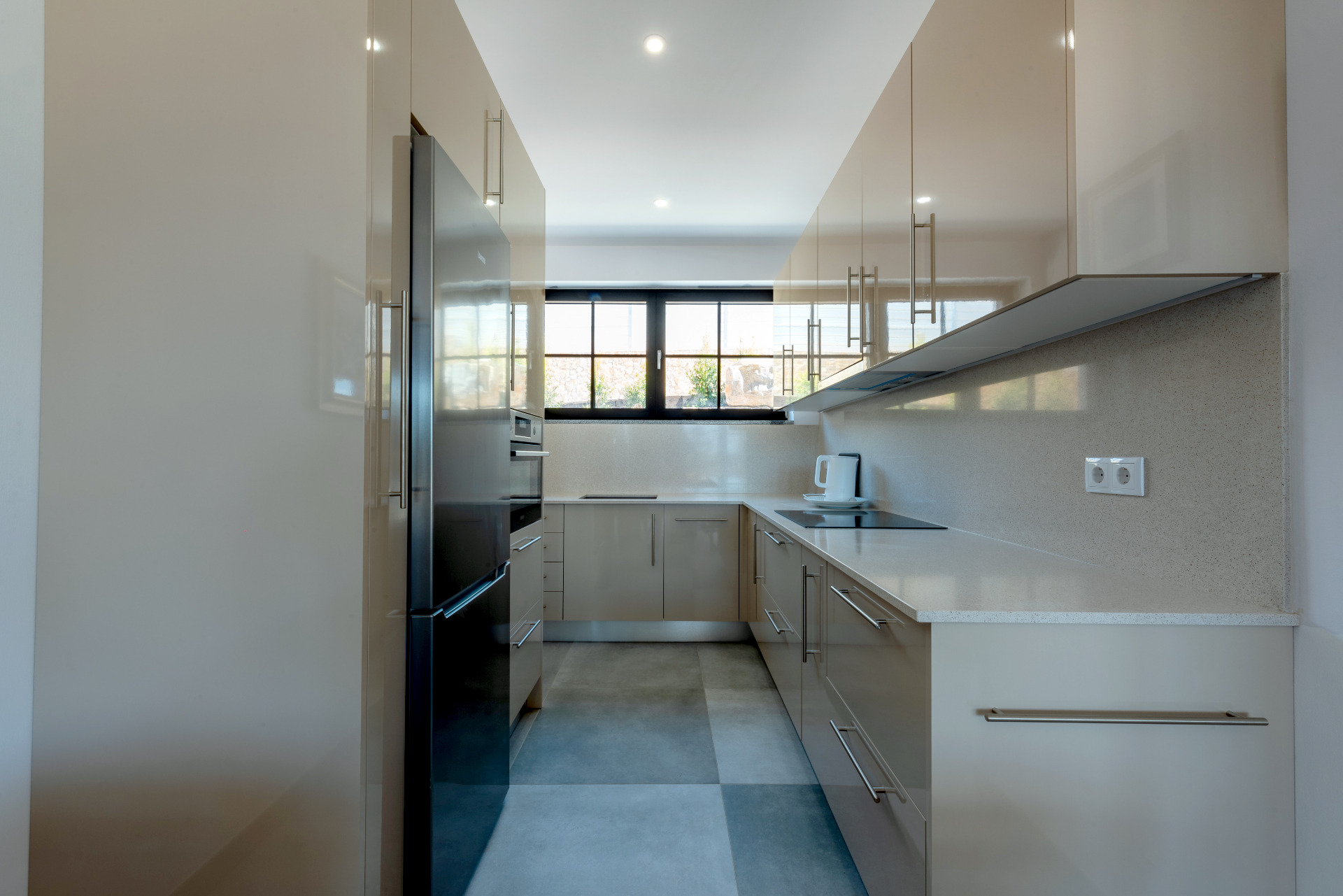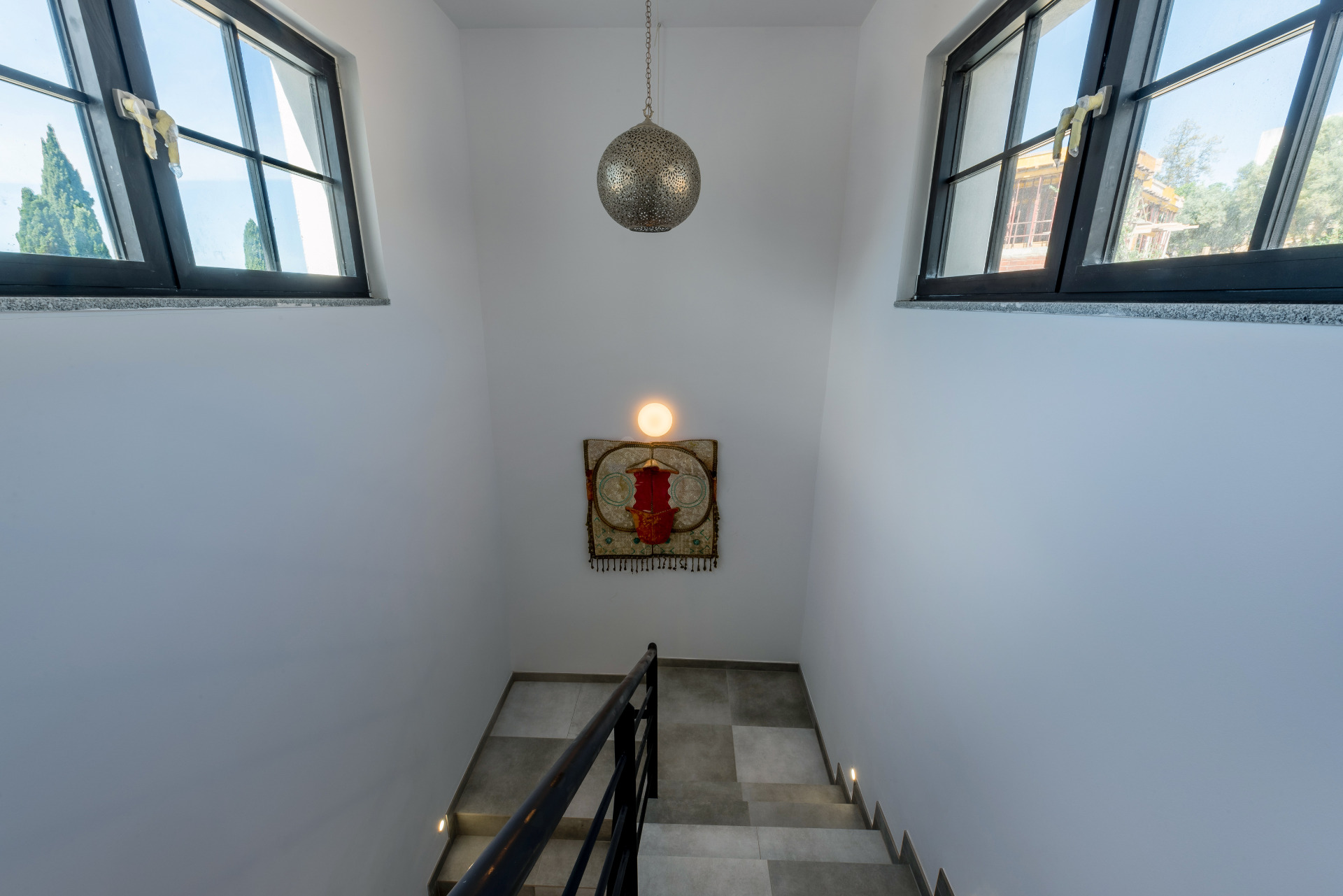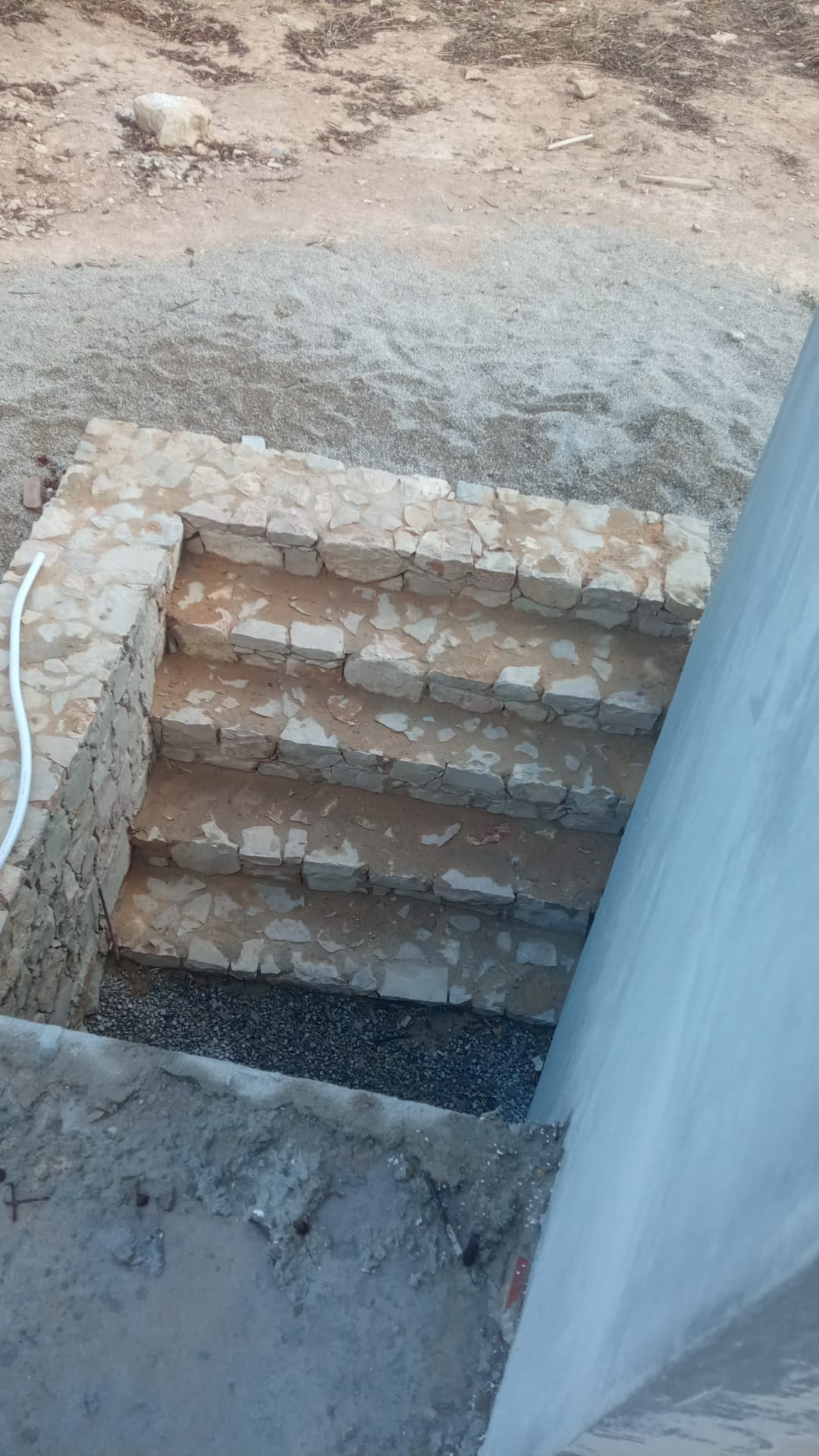ICF
Construction in ICFO which is: Construction system consisting of insulating blocks in EPS, expanded polystyrene (known in Portugal as styrofoam) which, after assembly, are filled with reinforced concrete, forming the exterior walls of buildings.
Advantages of ICF:
Insulation High thermal and acoustic insulation.
Economical Reduction of waste on site and low maintenance cost.
Easy and Fast Lightweight and easy to apply, it reduces construction time.
Greater Resistance anti-seismic and fire resistance.
Versatile versatile system with a wide variety of finishes
Sustainable Construction Reduced energy consumption during manufacturing and throughout the life of the building.
About ICF:
Thermal Insulation High thermal insulation obtained through the combination of two EPS layers with reinforced concrete, obtaining unique insulation indexes, meaning less energy spent to heat and cool the building. Elevado isolamento térmico obtido através da combinação de duas camadas
EPS, com o betão armado, obtendo índices de isolamento ímpares,
significando menos energia gasta para aquecer e arrefecer o edifício.
Anti-Seismic Resistance Reinforced concrete walls make construction solid and safe, being more effective in resisting seismic events than conventional constructions.
Fire Resistance Taking into account that the EPS used is not flammable, it makes the structure even more fire resistant than others construction systems, which has already been proven in resistance tests carried out on ICF walls in the USA and Canada.
Acoustic Insulation With the application of roof insulation and double-glazed windows in construction, the transmission of sound through ICF walls becomes less than in a common construction, as has already been proven in tests for this purpose.
Water insulation The combination of the EPS with the concrete walls forms a barrier preventing the passage of water.Pathologies and maintenance Taking into account that there are no pathologies like those of a common construction, such as cracks, infiltrations, fungus and mould, this translates into low-cost maintenance.
How it is built Its construction is simple and versatile. It is basically based on connecting panels through the webs forming blocks. The blocks, in turn, will be fitted together, which will build the walls according to the project. The fact that the fitting is reversible reduces system assembly time and material waste. The webs or crossbeams were designed to facilitate the fitting of the steel rods that will form the wall reinforcement. After assembling a wall, or set of walls, concreting is carried out in the traditional way. In fact, construction with the ICF system has great advantages for workers: EPS is light, easy to handle and cut, and concrete can be pumped by mechanical means. The finishing of constructions that can be considered include EPS-approved skimming, ceramic coatings, natural stone, metallic coating, wood, phenolic panels, etc…, with the designer having complete freedom in his options. For interior finishes there is a wide variety of options. The inner faces of the walls can be plastered, stuccoed, finished directly with ceramic or stone coating, or even coated with plasterboard. As for the dividing walls inside the building, they can be executed with any of the existing options on the market and used in other construction systems, such as plasterboard partitions, concrete block masonry, brick masonry, etc.
Economical Taking into account the material to be used (panels), the imputed costs are considerably reduced, as are the
uses since there is a reduction of waste on site.
Managing also to reduce in useful time of construction.





